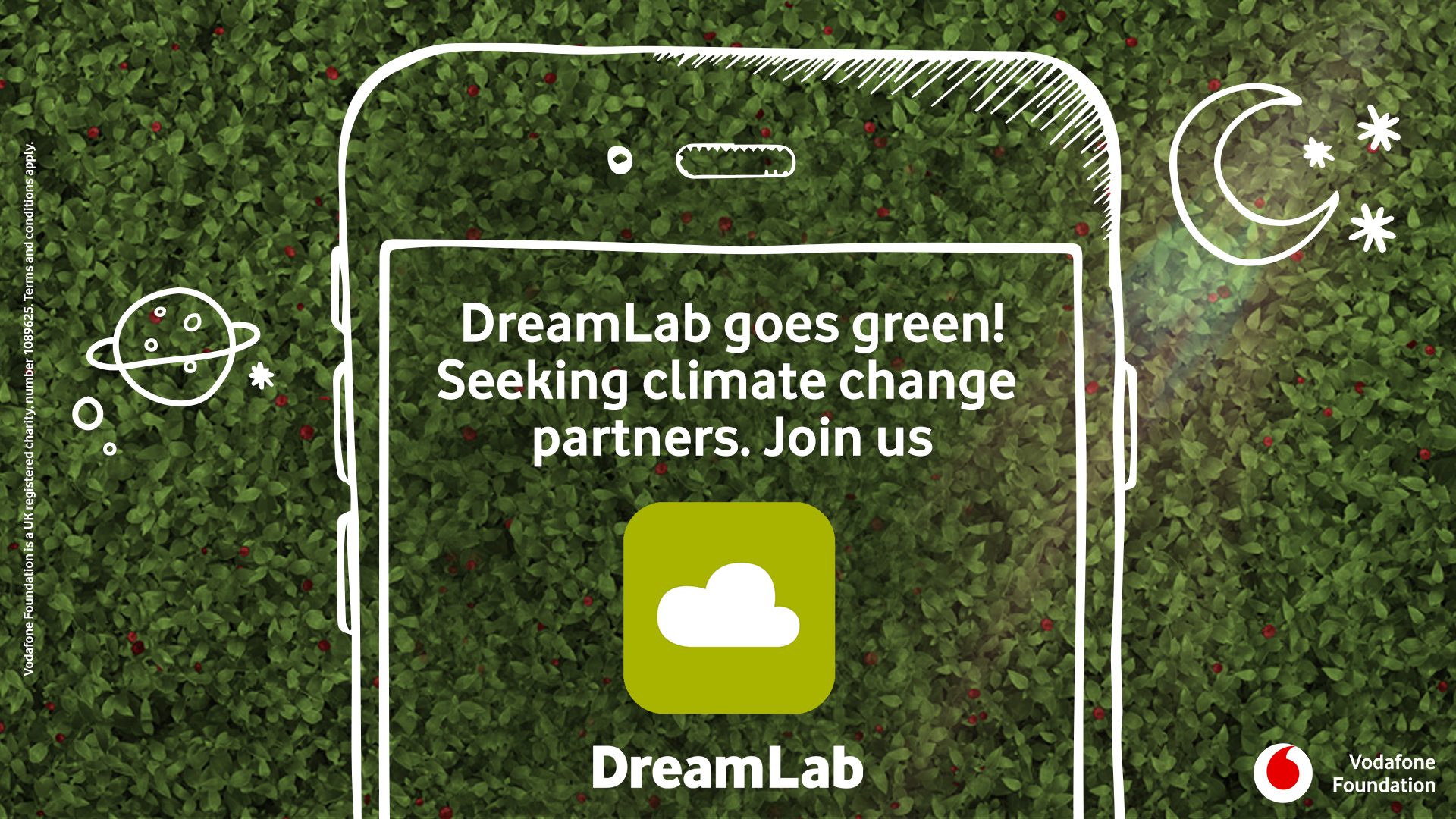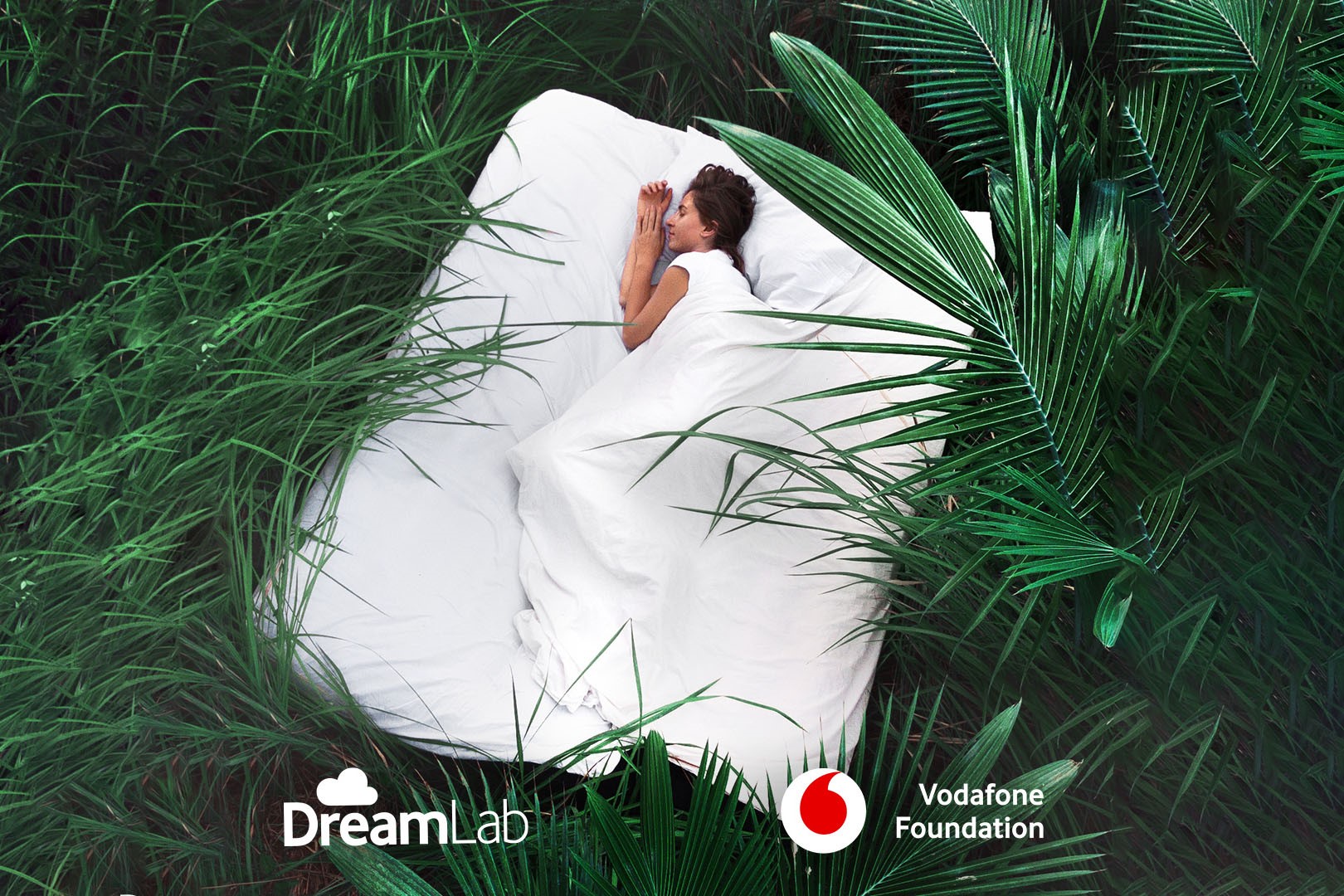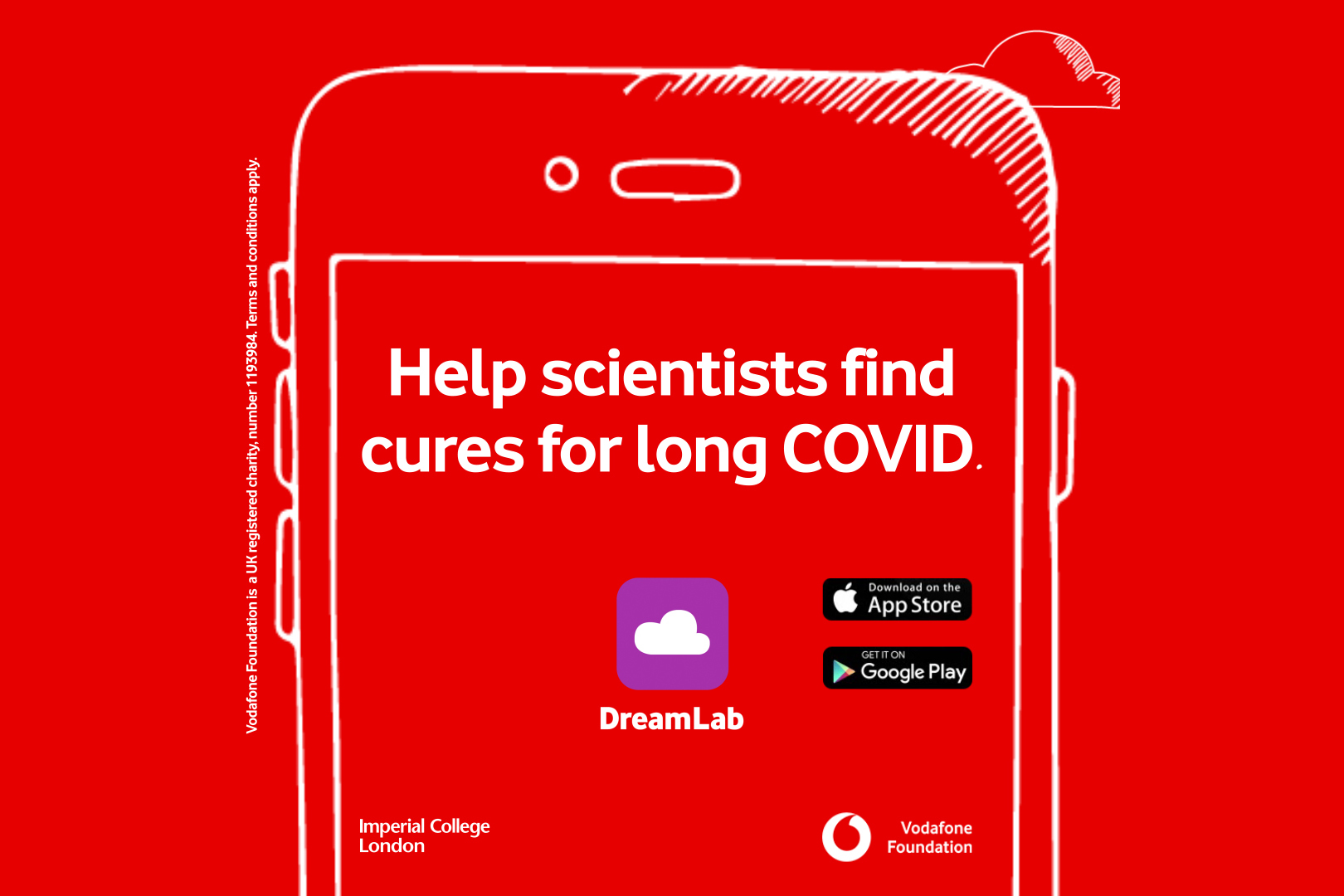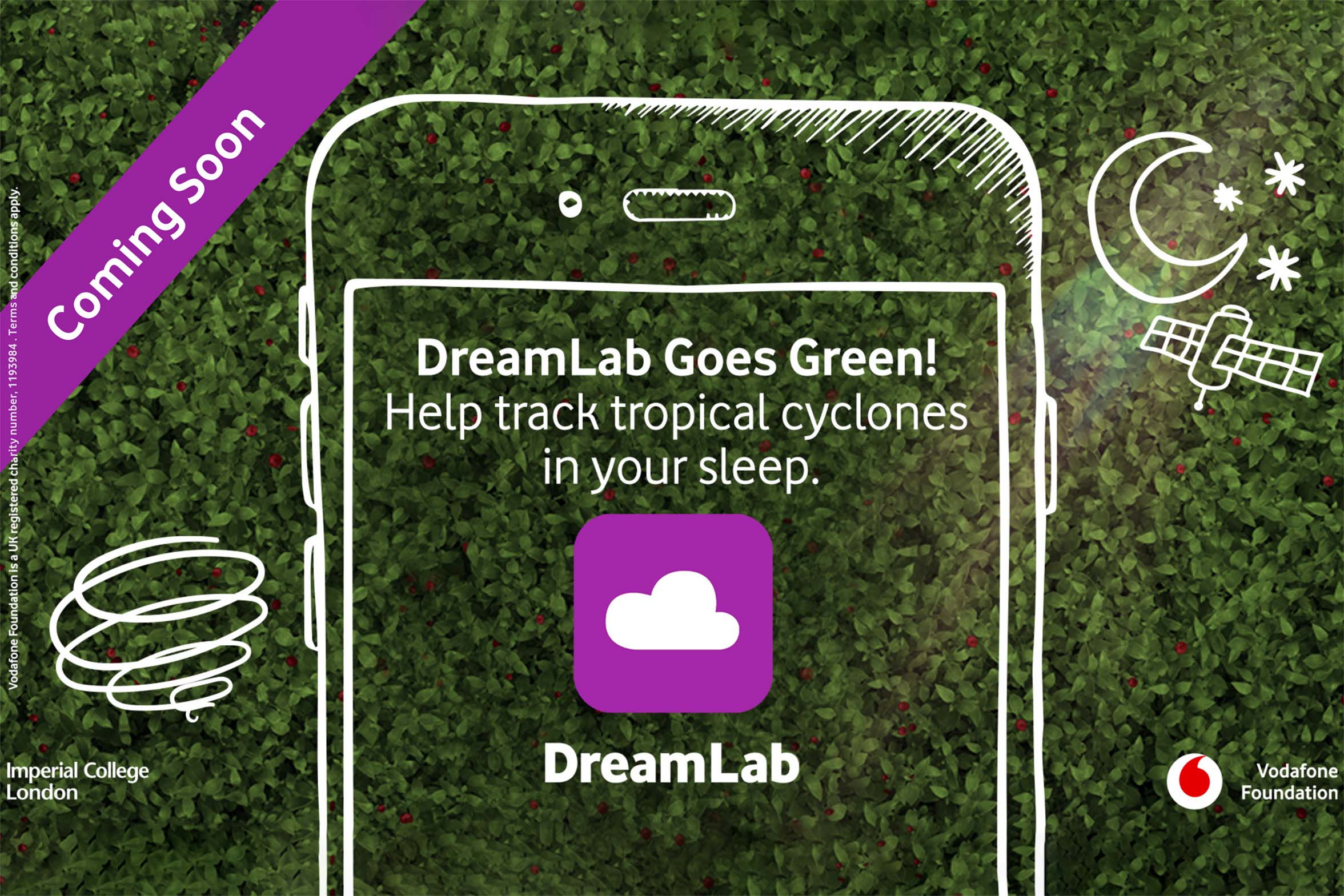
Vodafone Foundation today launched an international hunt for climate change research partners to help expand the focus of its award-winning DreamLab smartphone app.
- DreamLab uses the collective computing power of smartphones to analyse complex data while their owners sleep or charge their devices.
- Two million DreamLab users in 17 countries have already accelerated research into potential treatments for COVID-19 and cancer.
- DreamLab now set to tackle climate change.
Developed by Vodafone Foundation, DreamLab is a specialist crowdsourcing app that accelerates scientific research by using the combined processing power of dormant smartphones while users charge them. DreamLab-powered research has already contributed to COVID-19 research with Imperial College London and cancer research with the Garvan Institute of Medical Research.
With more than two million downloads across 17 countries to date, the network of smartphones created by DreamLab is equivalent to a virtual supercomputer capable of processing billions of calculations without collecting or disclosing any users’ data.
In the year when the UN has identified climate change as the single biggest threat facing humans, Vodafone Foundation is now searching for organisations conducting research that require the large-scale processing power of DreamLab to analyse data on climate change.
To qualify, organisations would need to have an existing climate research project that is technically compatible with DreamLab, and is addressing a specific climate-related issue that appeals across the 17 countries currently hosting the DreamLab platform.
Andrew Dunnett, Director SDGs, Sustainable Business and Foundations, Vodafone Group, said: “We’ve seen the impact and tremendous power of DreamLab and now we want to harness this to drive climate research and help to tackle the environmental emergency facing our planet.”
Organisations looking to submit an expression of interest to partner with Vodafone Foundation and the DreamLab app are encouraged to visit the Vodafone Foundation website.
Using DreamLab to accelerate research into cancer
DreamLab was launched in the UK in May 2018 to power important cancer research being carried out at Imperial College London.
Using DreamLab to analyse the properties of more than 8,000 everyday foods, the research identified more than 110 anti-cancer molecules existed in everyday foods including oranges, cabbages and grapes.
The second discovery was that two existing drugs designed for treating other conditions could potentially play a role in anti-cancer therapy. With these drugs already in therapeutic use, their approval for use in fighting cancer carries lower costs, fewer risks and is quicker than developing completely new drugs.
The research facilitated by DreamLab has been reported in a scientific paper published by Nature, and Imperial researchers published a Hyperfoods Cookbook, featuring 10 recipes that incorporate foods found by the research to have disease fighting properties.
DreamLab Corona-AI – accelerating research into potential treatments for COVID-19
The DreamLab Corona-AI project was launched in April 2020 by Vodafone Foundation and Imperial College London, repurposing DreamLab to accelerate research into potential treatments for COVID-19 patients. DreamLab Corona-AI uses AI network machine learning to analyse virus-host interactome data and identify combinations of drugs and food molecules with anti-viral properties.
To date, the DreamLab Corona-AI project has completed more than 300 million calculations and tested 450 billion molecular combinations – the equivalent of 11,664 years of high-spec desktop computing time.
The first phase of DreamLab Corona-AI was completed in only six months and identified insights into existing medicines for cardiovascular and metabolic disorders and their potential to be ‘repurposed’ to target SARS-CoV-2. Alongside those findings, the project has pinpointed molecules with antiviral properties in everyday foods including berries, apples, oranges, lemons cabbage, broccoli, onions, garlic, parsley and beans.
Phase 5 is expected to complete in Spring 2021, with the results being made available to the medical community to facilitate clinical trials. Food-related findings could potentially lead to additional dietary advice that may help patients recovering from COVID-19.
DreamLab now available in 17 countries on iOS and Android
DreamLab is available to download worldwide and is free to use for Vodafone customers in Albania, Australia, Czech Republic, DRC, Germany, Ghana, Greece, Ireland, Italy, Lesotho, New Zealand, Portugal, Romania, South Africa, Spain and the UK. Customers in the Netherlands and those on other networks can connect via Wi-Fi or will be asked how much data they would like to donate to power the app.
The DreamLab app is available in the App Store for iOS or Play Store for Android. Vodafone customers can activate DreamLab for free using either mobile data or Wi-Fi.
-ends-
About Vodafone Foundation: Vodafone Foundation (UK registered charity number 1089625) believes the power of connectivity can change lives and address some of the world’s most pressing problems. Founded in 1991 with a simple mission to invest in the communities in which Vodafone operates, today the charity connects people and ideas with technology and funding, to help those already doing good work to achieve results faster, more cost effectively and with a bigger social impact. Through a strategy of Connecting for Good, Vodafone Group PLC’s philanthropic arm works in partnership with other charitable organisations and NGOs to create solutions that bring about long-term sustainable change and improve 480m lives by 2025.
Stay up-to-date with the very latest news from Vodafone by following us on Twitter and signing up for News Centre website notifications.



